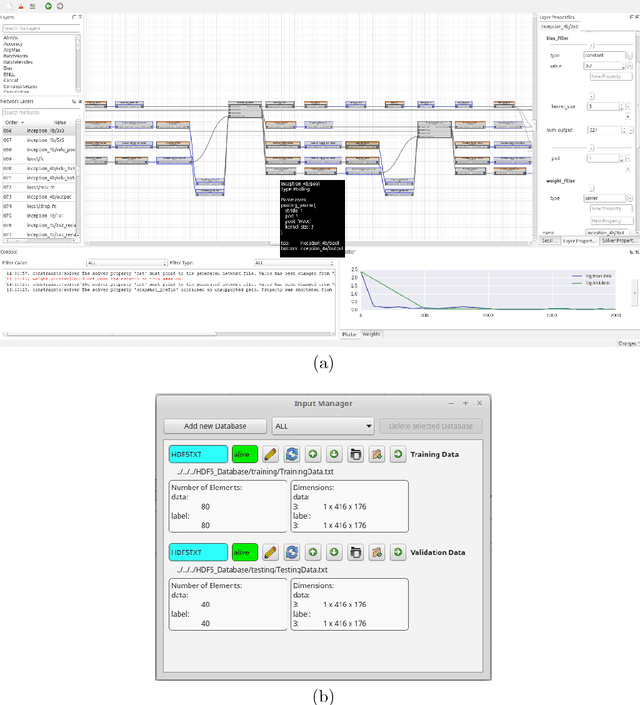Aaron Scherzinger
Scalable Robust Graph and Feature Extraction for Arbitrary Vessel Networks in Large Volumetric Datasets
Feb 05, 2021



Abstract:Recent advances in 3D imaging technologies provide novel insights to researchers and reveal finer and more detail of examined specimen, especially in the biomedical domain, but also impose huge challenges regarding scalability for automated analysis algorithms due to rapidly increasing dataset sizes. In particular, existing research towards automated vessel network analysis does not consider memory requirements of proposed algorithms and often generates a large number of spurious branches for structures consisting of many voxels. Additionally, very often these algorithms have further restrictions such as the limitation to tree topologies or relying on the properties of specific image modalities. We present a scalable pipeline (in terms of computational cost, required main memory and robustness) that extracts an annotated abstract graph representation from the foreground segmentation of vessel networks of arbitrary topology and vessel shape. Only a single, dimensionless, a-priori determinable parameter is required. By careful engineering of individual pipeline stages and a novel iterative refinement scheme we are, for the first time, able to analyze the topology of volumes of roughly 1TB on commodity hardware. An implementation of the presented pipeline is publicly available in version 5.1 of the volume rendering and processing engine Voreen (https://www.uni-muenster.de/Voreen/).
Barista - a Graphical Tool for Designing and Training Deep Neural Networks
Feb 13, 2018
Abstract:In recent years, the importance of deep learning has significantly increased in pattern recognition, computer vision, and artificial intelligence research, as well as in industry. However, despite the existence of multiple deep learning frameworks, there is a lack of comprehensible and easy-to-use high-level tools for the design, training, and testing of deep neural networks (DNNs). In this paper, we introduce Barista, an open-source graphical high-level interface for the Caffe deep learning framework. While Caffe is one of the most popular frameworks for training DNNs, editing prototext files in order to specify the net architecture and hyper parameters can become a cumbersome and error-prone task. Instead, Barista offers a fully graphical user interface with a graph-based net topology editor and provides an end-to-end training facility for DNNs, which allows researchers to focus on solving their problems without having to write code, edit text files, or manually parse logged data.
 Add to Chrome
Add to Chrome Add to Firefox
Add to Firefox Add to Edge
Add to Edge